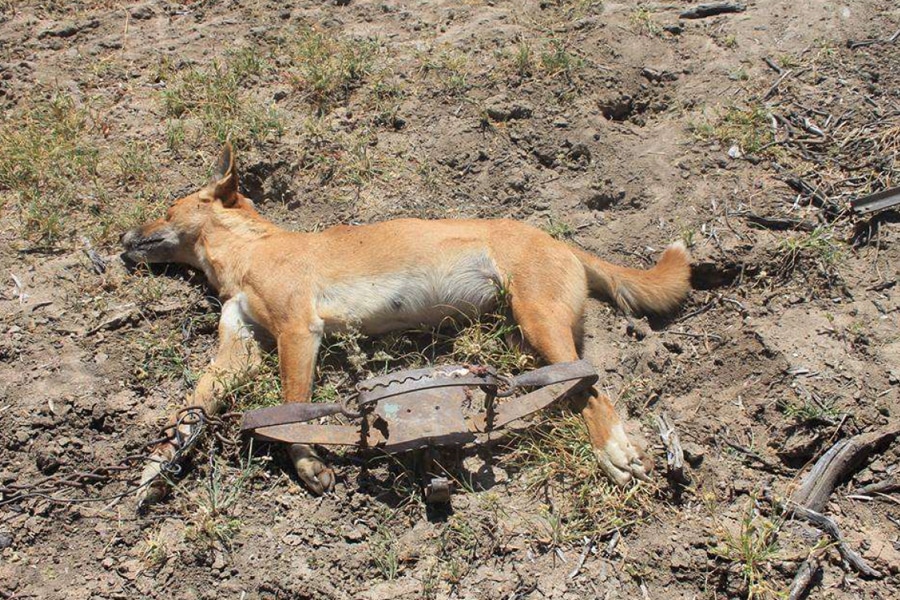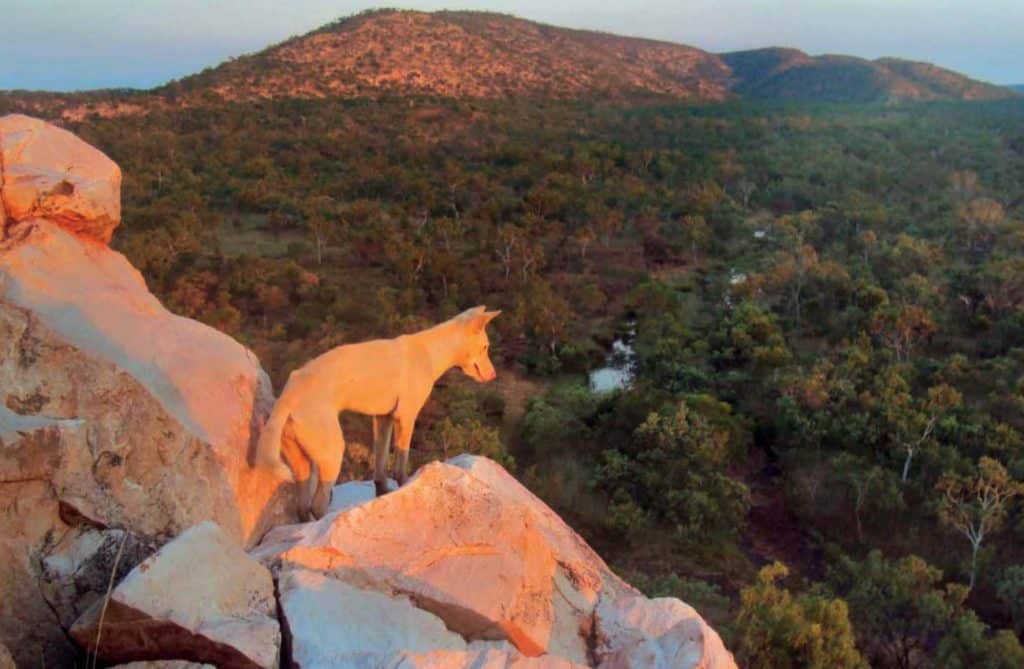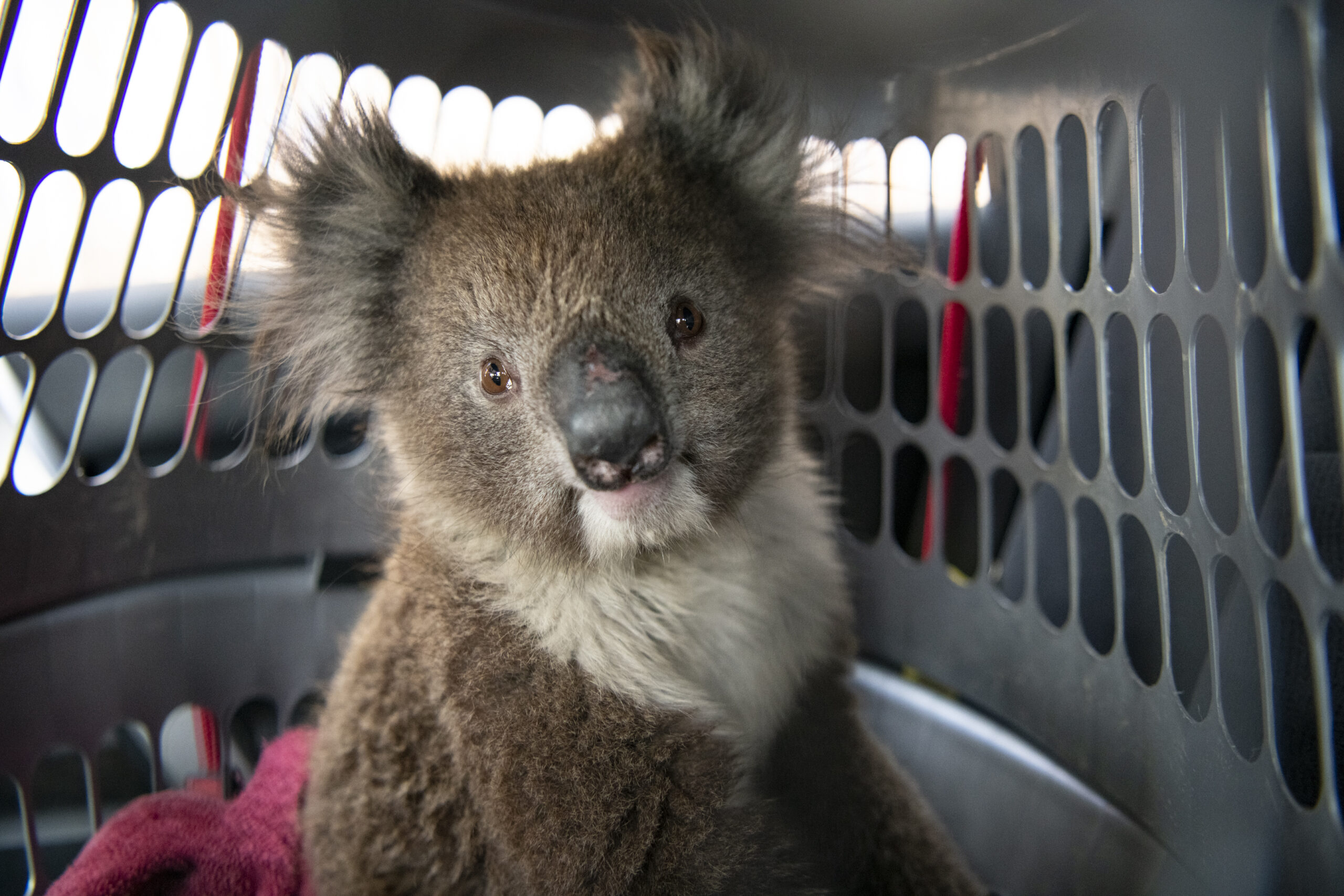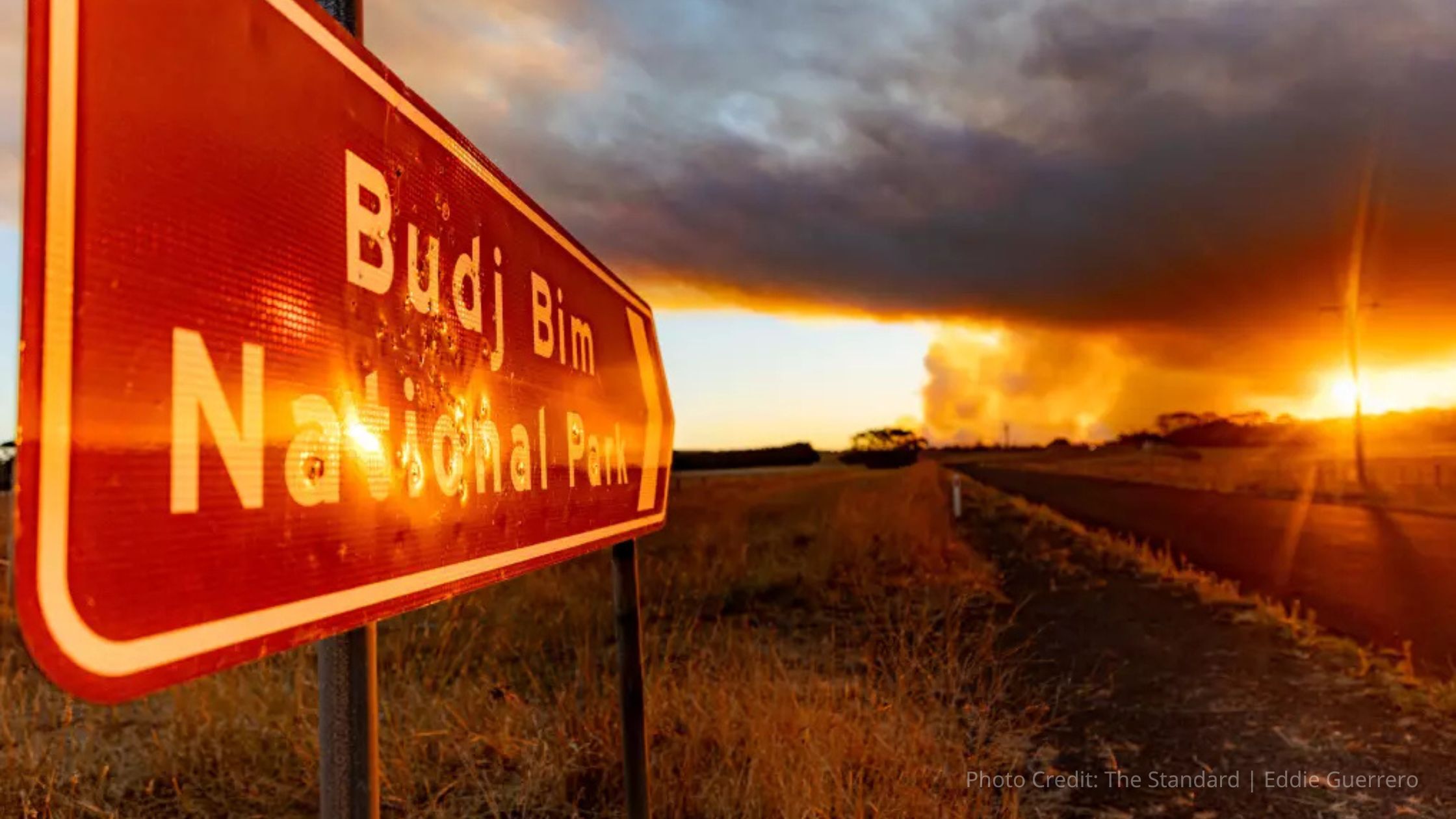Parliamentary inquiry into the management of blue gum plantations and koalas. Humane World for Animals is relieved to report that the koala shooting in Victoria’s Budj Bim National Park has stopped, with helicopters grounded last Friday, 25 April. Following fires in the area known to be home to a large...
Part 1: Baits, Bullets, and Bounties – Western Australia’s deceptive regression
Late last year we were disappointed to hear that the Western Australian Government was set to declare the dingo ‘non-fauna’ under its new environmental law. As well as being just plain ridiculous (dingoes are clearly fauna) such a move would have had dire implications for dingo welfare – exempting them from other laws and regulations that aim to prevent animal suffering.
Fortunately the efforts of HSI and other groups put the spotlight on the proposal, prompting Western Australia’s Environment Minister Stephen Dawson to reconsider the policy and subsequently grant a ‘native’ status to Western Australia’s dingoes, which we warmly welcomed.
However on February 12, without consultation, Minister Dawson introduced new legislation into Parliament with immediate effect. His Department had found a way to continue the cruel persecution of dingoes across the vast majority of Western Australia by exempting them from protections afforded to other wildlife. The changes allowed dingoes to be taken (killed) by many prohibited devices and methods, processed, traded, and exported.
When trying to deflect initial criticism of these exemptions, Minister Dawson stated that:
“There has been some media coverage and subsequent commentary over the past few days suggesting that new BC Exemptions Order 2018 means prohibited methods can be legally used to kill dingoes. These claims are false. It is still an offence for a dingo to be taken inhumanely.”
This statement is a concerning combination of fallacious and intentionally misleading.
Prohibited practices specifically permitted by the new exemptions include the use of compound bows, poisons and steel-jawed traps coated with strychnine. The latter two of these ‘devices and methods’ are not only used in Western Australia, but are go to ‘management tools’ for Government agencies and many pastoralists.

Strychnine is a notoriously cruel poison, even when compared to its controversial and more widely-used counterpart 1080 (sodium fluoroacetate). According to the Queensland Department of Agriculture and Fisheries (an agency more concerned with production than wild animal welfare):
“Strychnine is not as target selective, does not readily break down in the environment and is considered to be less humane as affected animals remain conscious and appear to suffer pain and anxiety from the onset of clinical signs which include violent muscle spasms through to death from asphyxia and exhaustion.”
Strychnine also stimulates the nerves of the brain, giving heightened perception to what is occurring. It is an agonising way to die, yet in the eyes of the Western Australian Government adding the poison to steel-jawed traps turns them from cruel to humane – according to the Western Australian Department of Primary Industries and Regional Development’s own ‘Landholder information for the safe use and management of strychnine for wild dog traps’ fact sheet you’re not allowed to use the traps without it.
So, Minister Dawson’s claim that it’s an offence to kill a dingo cruelly in Western Australia because it supposedly has to be done ‘humanely’ under the state’s animal welfare law is quite the stretch. A law which sets the bar so low that 1080 poison and steel-jawed traps coated in strychnine are considered ‘humane’ shows that the term is dangerously subjective. It absolutely does not prevent the inhumane killing of dingoes in Western Australia.

Another major aspect of the newly introduced exemptions that Minister Dawson is yet to attempt to justify is that previous state protections against the ‘processing’ (think meat, hides, hunting trophies) and export of dingoes have been explicitly voided.
While it’s true that any export out of the country (for example, if dingoes were to be ‘taken’, processed, and packaged as a delicacy for dog meat markets) would require Federal approval, and that interstate export (if an Australian ‘hunter’ were to kill a dingo in Western Australia and try to take its head home) would need to meet the import rules of other jurisdictions, it cannot be denied that Western Australia has explicitly removed its own protection against these possibilities occurring.
It’s a dangerous regression of the law, with Western Australia washing its hands of any responsibility for dingo exports, including of live animals. Why they would go out of their way to make these changes has since been the subject of much worrying speculation – but the important thing is that it’s not too late for Minister Dawson to retract the exemptions.
Western Australia is weaving a confusing and complex web of legislation that creates enough doubt to make prosecution of someone breaking the laws that should be protecting native wildlife like dingoes highly unlikely to succeed. It’s a situation that needs urgent rectification.
Governments around Australia continue to blindly throw more and more funding at crude and ineffective dingo killing programs while failing to invest in non-lethal alternatives ripe for the picking. Protecting stock from predators doesn’t have to come at the cost of dead dingoes – a topic that will be explored further in the next blog in this series.
Evan Quartermain is Head of Programs at Humane Society International and has been with the organisation since 2010. A member of the IUCN World Commission on Protected Areas, Evan is responsible for HSI’s terrestrial habitat and wildlife protection campaigns and programs, with particular focus on legislative reform, flying-foxes, dingoes, and habitat protection through Threatened Ecological Community and Natural Heritage nominations.
Header image: Kerrie Goodchild, Dingo in trap image: West Australia Dingo Association, Dingo on cliff image: Kerrie Goodchild


